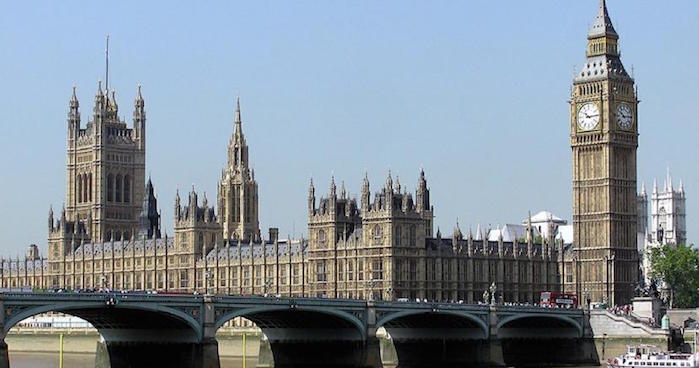Defra faces enormous challenges in the lead-up to Brexit and, with the March 29, 2019, deadline looming, still does not know which scenario it is preparing for, a Parliamentary committee has warned.
In a new report, the Public Accounts Committee said there was a high level of risk in the Department’s portfolio, with many of its plans dependent on co-operation from other departments, the devolved administrations and agencies and the goodwill of EU member states.
The Department is too complacent about the levels of disruption or interruption to trade that may be faced. Fundamental issues for food, chemical and animal importers and exporters are yet to be resolved.
Many businesses have not been given detailed advice on what is required by Brexit, as Defra has had very limited engagement with stakeholders until recently, the report said.
In the six months since the PAC’s last report in May 2018, the situation for Defra’s stakeholders has changed very little, as the Department’s preparation for EU Exit continues to be complicated by its need to work on a range of solutions for different scenarios, the report said.
It has now established a new directorate for business readiness and engagement but its focus has been on industry and representative groups which means that individual businesses and organisations, in particular SMEs remain unaware and ill-prepared.
‘This is all too little, too late and it is particularly concerning that the Department’s ability to impart specific information has been hampered by excessive secrecy at the centre of government and continuing uncertainty over the outcome of the negotiations,” the report said.
“It has made good progress in drafting the 86 statutory instruments it must prepare, with three-quarters of them either fully drafted or near completion. But in its efforts to rush through the drafting, we remain concerned about risks to quality.”
The amount of parliamentary time that these, and those of other departments, will require is daunting, it added. Cabinet Office needs to ensure that those of the highest significance across government receive greatest priority but that all receive adequate parliamentary scrutiny ahead of EU Exit.
“With the pace at which new legislation will have to be agreed we are seriously concerned about the level of scrutiny,” the committee said.
“We need the Department to be clear about the impact of not being able to make the necessary legal changes in time. Muddling through in the hope of goodwill is highly risky and means many businesses are left not knowing what the future will bring.”
PAC chair Meg Hillier said: “Brexit looms but the Department for Environment, Food & Rural Affairs is a long way from being ready.
“In the continued uncertainty about the UK’s future relationship with the EU, Defra’s civil servants must prepare for multiple and in some cases ill-defined scenarios.
“Anyone working in the dark is prone to stumble but in Defra’s case I am concerned that the Department has lost sight of its priorities.
“The risks associated with ‘no-deal’ in particular are severe, and it is alarming how little specific information Defra has provided to enable individual businesses and organisations to prepare.
“Brexit border planning is not sufficiently developed, six critical IT systems are still to be tested and there is a risk that in the Department’s rush to prepare necessary legislation, the quality of that legislation will suffer.
“Defra is up against it but there is more it must do to assure Parliament, businesses and the wider public that it has a firm grip on its responsibilities.”
A Defra spokesperson said: “We do not accept the PAC’s conclusions which fail to accurately reflect Defra’s preparations for leaving the EU.
“The PAC have ignored key findings from the National Audit Office, which found that ‘Defra has achieved a great deal and to a very demanding timescale’.
“In producing this one-sided report, the PAC have failed to acknowledge the substantial progress we have made in replacing EU functions, hiring key staff and building new IT systems.”




